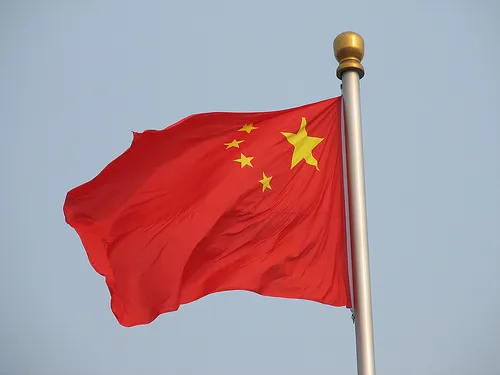
3 reasons behind China's slowing economy
Debt-to-GDP forecast is lowered from 300% to 270%.
If there's one thing that China's property bubble has proven, it's that the country's growth formula made up of stimulus and debt proves to be ineffective. Now the government has launched various plans for reform such as the One Belt, One Road, SOE reform, the Internet+ and Made in China 2025.
According to Francis Cheung, head of China-HK strategy at CLSA, "there will be tests of this commitment to reform, such as with the stock market intervention. With slower credit growth, we lower our 2020 debt/GDP forecast from 300% to 270%. china has a strong balance-sheet to support the debt, with net sovereign assets of about Rmb10bn.
Cheung cites three major reasons behind China's slowing economy: weakening total social financing (TSF) growth, rising financing costs, and slowing property investment.
TSF has slowed from its peak growth of 35% to 12% as risks are being contained in shadow financing. "Shadow financing is being restricted and growth has fallen to 6.2%." Cheung adds that shadow financing has created three bubbles: inflated property, infrastructure and stock market bubble.
"TSF is slowing drastically. If it goes any slower, we could actually end up with a recession," says Cheung.
Secondly, he adds that interest expense is a drag to growth at 15% of GDP. "The government not only needs to fund this interest expense, but also new debt to expand the economy. The interest burden would have been higher, but rate cuts have slowed its growth. This is why there will be more rate cuts to come."
Lastly, Cheung warns that the recent property rebound is not enough as property investment growth fell from low-teens growth last year to 3.3% in July. It would take a large property rebound to support a turnaround in property investment, given the large nationwide inventory, which, Cheung says, will take at least three years to normalise.








![Cross Domain [Manu + SBR + ABF + ABR + FMCG + HBR + ]](https://cmg-qa.s3.ap-southeast-1.amazonaws.com/s3fs-public/styles/exclusive_featured_article/public/2025-01/earth-3537401_1920_4.jpg.webp?itok=WaRpTJwE)









 Advertise
Advertise


